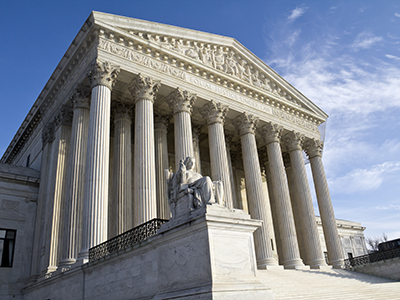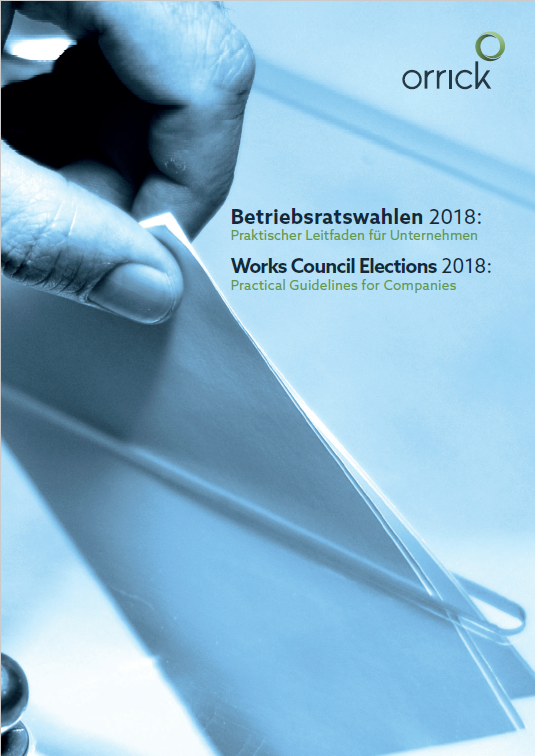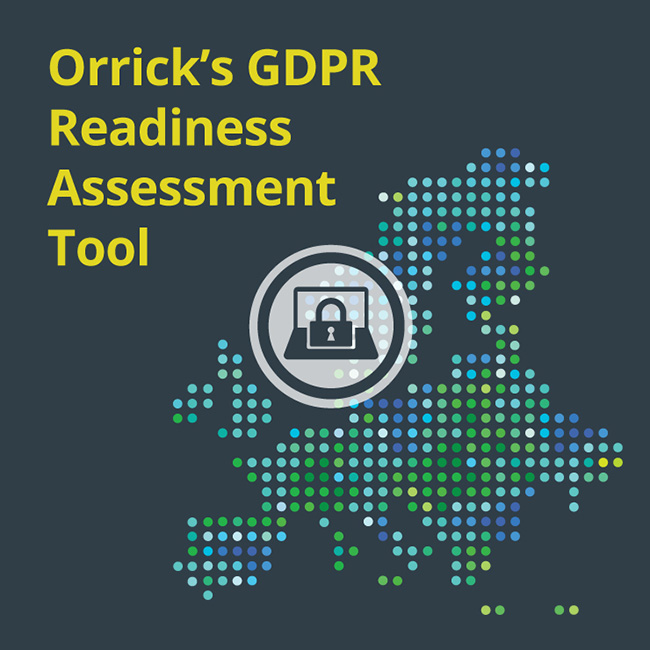On September 6, the SEC issued awards totaling more than $54 million to two whistleblowers who provided critical information and continued assistance to the agency in an enforcement action. This large award follows another composite mega-award of $83 million to three whistleblowers in a single enforcement action on March 19, 2018.
The September 6 award of $39 million to one claimant constitutes the second-largest award in the SEC whistleblower program’s history. The agency awarded the second whistleblower $15 million. Jane Norberg, Chief of the SEC’s Office of the Whistleblower, stated that whistleblowers “serve as invaluable sources of information, and can propel an investigation forward by helping [the SEC] overcome obstacles and delays in investigation.” READ MORE










